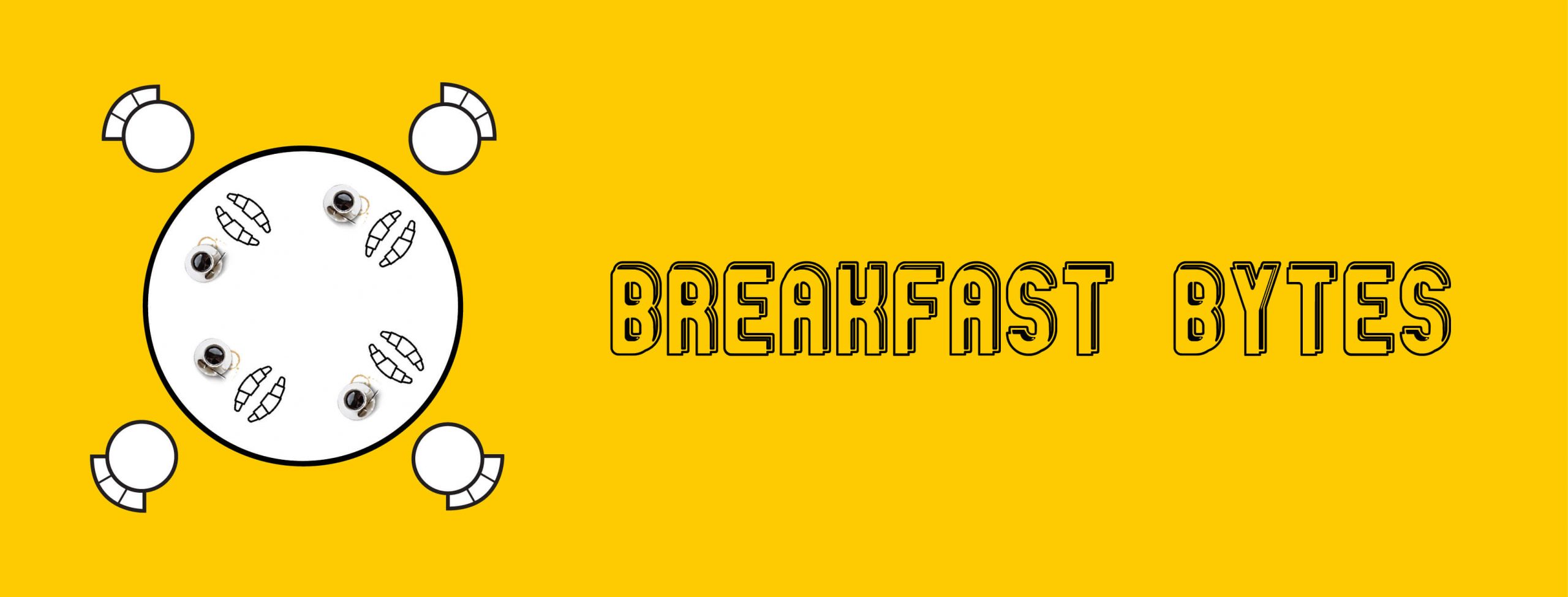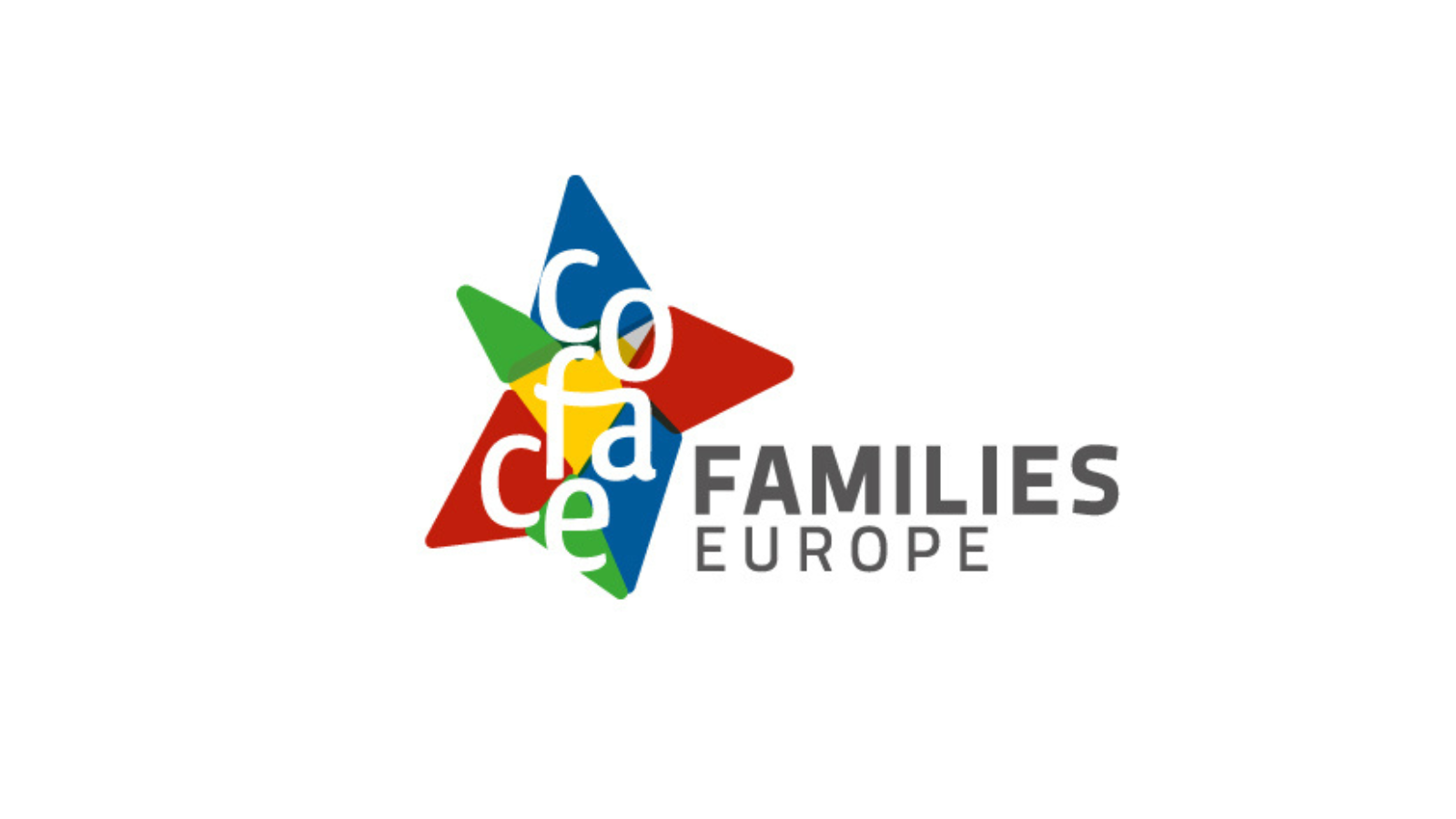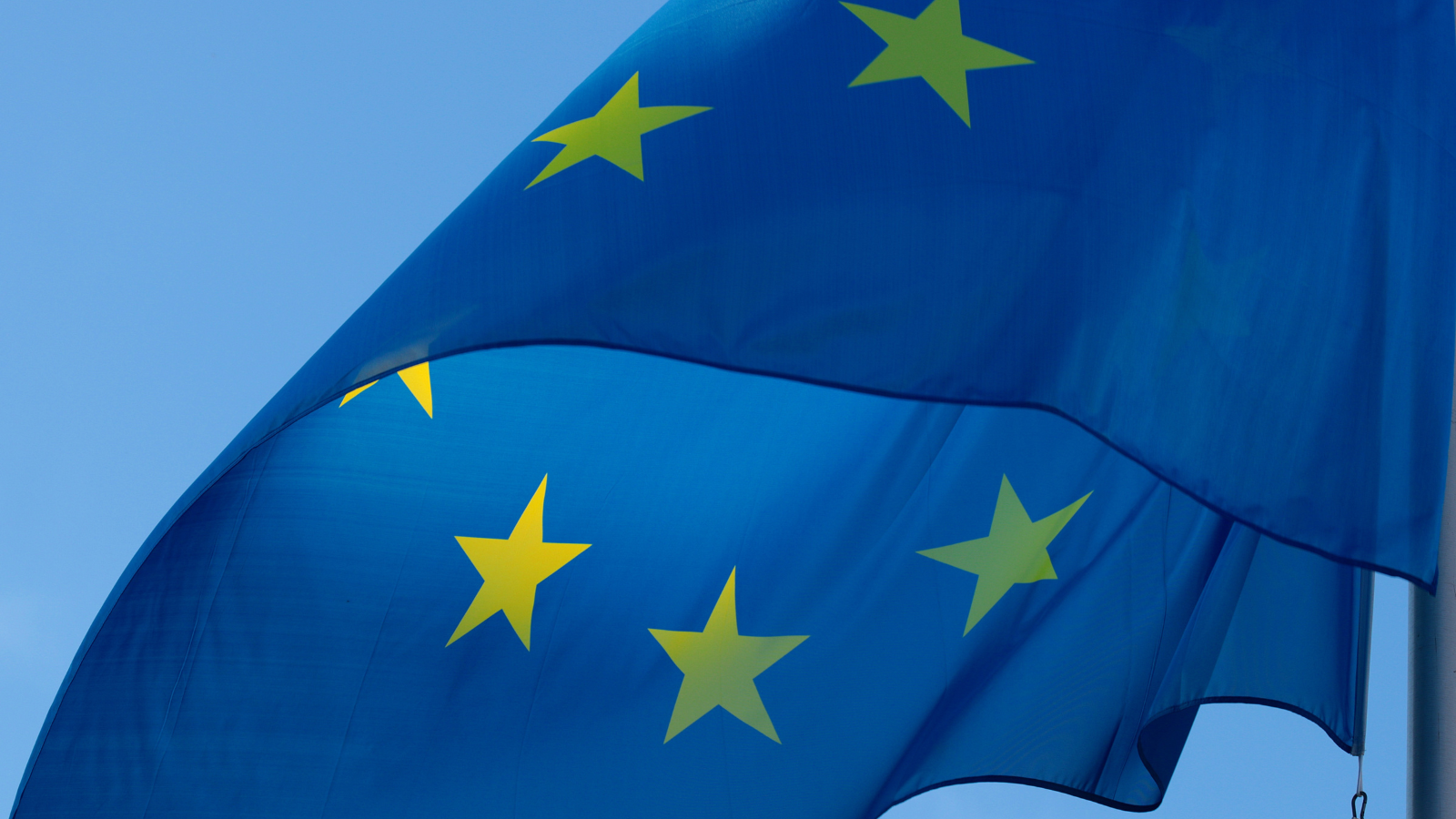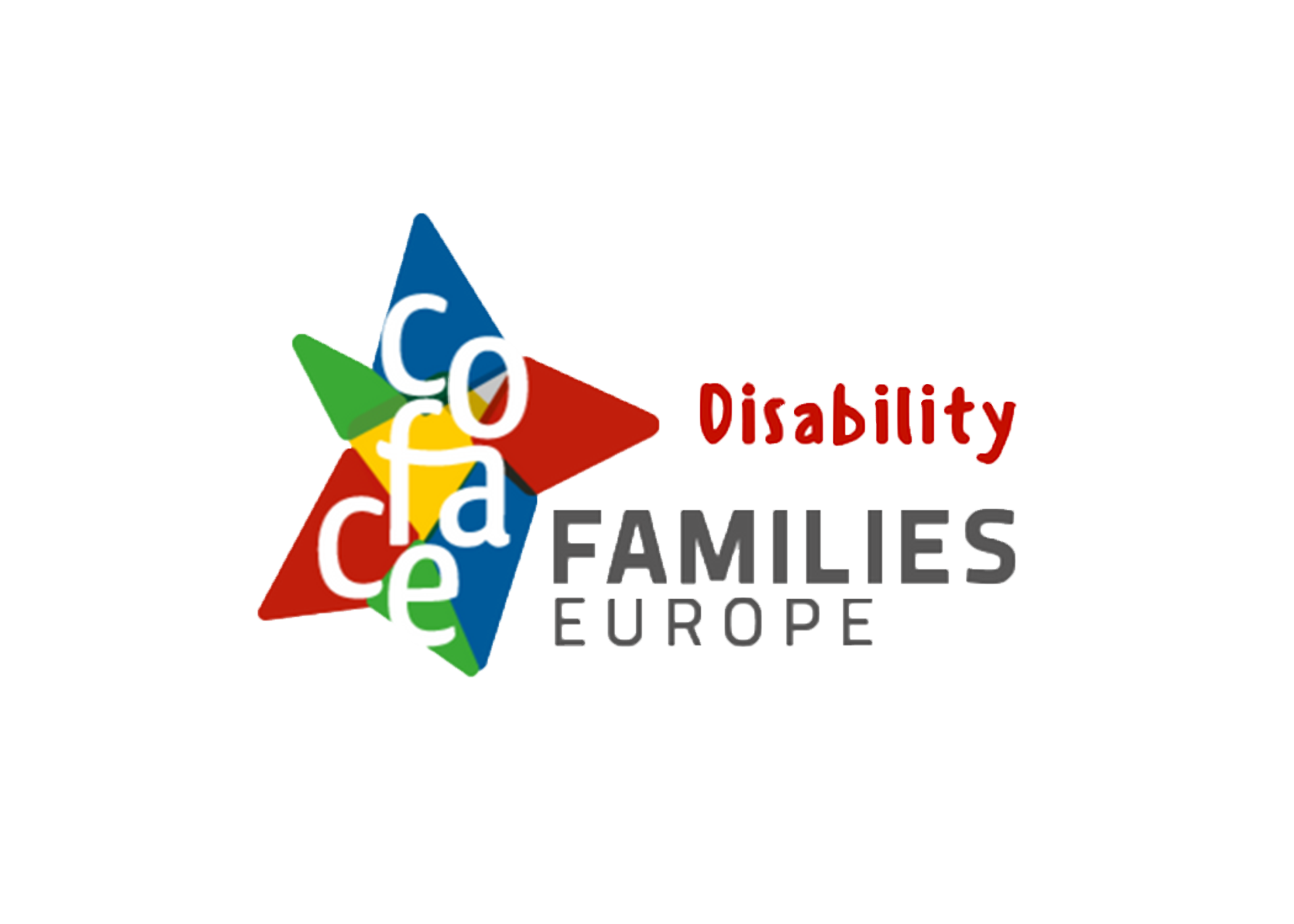WEBINAR
See the full presentation here.
Date
Tuesday, 16 May 2023 9.30-11.00 CET
Title
High Quality ECEC: The importance of Child-Staff ratios for children’s well-being and families’ engagement
Speakers
- Martino Serapioni, Research programme coordinator, COFACE Families Europe
- Irene Bertana, Senior Policy Officer, European Association of Service providers for Persons with Disabilities (EASPD)
- Tuscany Bell, Policy Coordinator, Social services and Youth, European Federation of Public Service Unions (EPSU)
- Dr. Stefan Iszkowski, Policy Officer, Social rights and inclusion, European Commission
Description
It is the ambition of COFACE Families Europe to support all children’s right to education and the reconciliation of work and family life by developing policies and workplace measures around three pillars: access to Resources, Services and Time. Early Childhood Education and Care (ECEC) is an essential part of the Services pillar. COFACE Families Europe has been advocating for quality ECEC settings that are accessible, inclusive, and function as a two- and multi-generational tool benefiting children and adults.
High-quality ECEC systems ensure that every child has regular access to a variety of responsive, sensitive interactions with adults, peers, and materials in playgroups and early education classrooms. COFACE highlights the multiple socio-economic benefits of children’s regular participation in this type of nurturing and engaging environment. For day-care and preschool centres to offer a high-quality service to all children, however, several enabling elements must be in place.
For the 2023 International Day of Families, COFACE is hosting a webinar focused on a crucial aspect of quality ECEC services: the ratio of children to staff in daycare settings (child-staff ratio). Adequate child-staff ratios can yield multiple benefits for the children and all the other actors involved in the system, particularly when developed as part of a broader effort to improve the working conditions and professional status of the ECEC workforce.
Join us to learn about the different benefits of low child-staff ratios for children, families, and staff, build partnerships with key organizations, and discuss how to make this a reality, as part of the implementation of the European Care Strategy and the European Child Guarantee.
(1) See the 2014 publication of a Proposal for key principles of a Quality Framework for Early Childhood Education and Care (report of the Working Group on Early Childhood Education and Care under the auspices of the European Commission).
____________________________________________________
EU POLICY CONTEXT
The European Pillar of Social Rights Principle 11 states that children have the right to affordable early childhood education and care (ECEC) of good quality. Since its adoption, the European Commission has been actively engaged in developing policy proposals and indicators to improve the availability and quality of ECEC in the European Union. The most recent framework is the European Care Strategy, including the Council Recommendation on early childhood education and care: the Barcelona targets for 2030.
It came to reinforce other actions such as the EU Strategy for the Rights of the Child and the European Child Guarantee that also calls for free access to quality accessible ECEC services for children in vulnerable situations. Both frameworks were adopted by the Council Recommendations, following the steps of the 2019 Recommendation on High-Quality Early Childhood Education and Care Systems. Other policies such as the Strategy for the Rights of Persons with Disabilities 2021-2030 also put forward actions to make ECEC more accessible to children with disabilities.
PRESENTATION AND LINKS
You can find the presentation of Martino Serapioni here, and the full COFACE Thematic Note on child-staff ratios in ECEC here.
See the full presentation here.
Further links were shared by participants during the webinar:
- In Germany there was a joint call on 15th May 2023 by 30 something organizations, trade unions etc. on the need of high quality care and education.
- In France, the social regulatory authorities (IGAS) monitoring quality in ECEC published a report in March 2023 denouncing the lack of quality in ECEC.
- There is a European Commission expert group working on monitoring and evaluation of ECEC.
- Recommended book on interactions between ECEC funding and ECEC quality “The Decommodification of Early Childhood Education and Care: Resisting Neoliberalism”
- Quality for everyone: Scientific based standards for ECEC
- A literary review made by researchers in France concluded : “The internationally recommended ratio is 1:3 for children under two years of age, and a maximum of 1:5 for children aged 2 to 3 years, in groups of no more than 8 children (Ahnert et al., 2006; Melhuish et al., 2015; Slot, 2018; Tardif, 2012).”
- EASPD position paper on ECEC
- EMBRACE project on the inclusion of children with intellectual disabilities in ECEC





